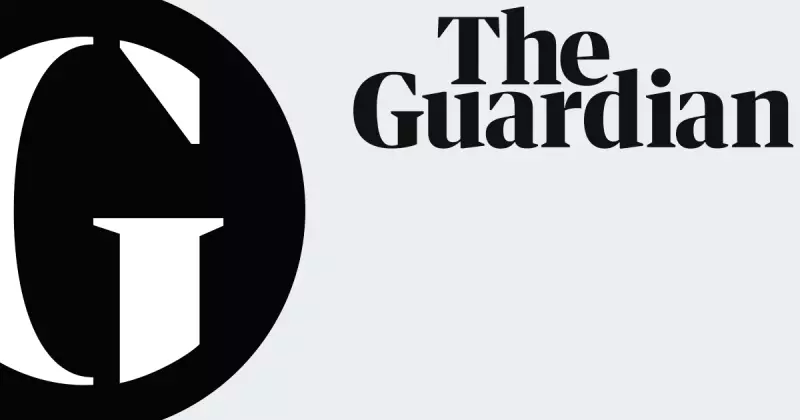
The 2025 league table for Sociology and Social Policy degrees has been released, revealing which UK universities are leading the way in shaping the next generation of social scientists and policy experts.
Overall Standings
Cambridge University continues its dominance, securing the top position with exceptional scores across all assessment categories. The prestigious institution outperformed competitors with perfect marks in graduate prospects and research quality, maintaining its reputation for academic excellence.
Notable Climbers and New Entrants
Several universities made significant strides in this year's rankings. The University of Bristol jumped an impressive five places to break into the top ten, while Loughborough University entered the top twenty for the first time, indicating shifting patterns of academic excellence across the sector.
Assessment Criteria
The rankings evaluate institutions based on multiple crucial factors:
- Entry Standards: The average UCAS points of accepted students
- Student Satisfaction: Direct feedback from current undergraduates
- Research Quality: Assessment of academic research output and impact
- Graduate Prospects: Employment and further study rates after graduation
- Student-Staff Ratio: Measure of teaching attention and resources
- Spending on Academic Services: Investment in facilities and support
- Degree Completion Rates: Percentage of students who complete their studies
Regional Leaders
While London institutions traditionally dominate social science rankings, this year saw strong performances from universities across the UK. The University of Glasgow ranked as Scotland's top institution for sociology, while Cardiff University led the Welsh contingent with improved scores in student satisfaction and graduate outcomes.
Subject Significance
Sociology and social policy degrees have gained increased relevance in addressing contemporary challenges, from understanding social inequality to developing evidence-based policy solutions. The rankings reflect growing student interest in these fields, with applications rising by 15% over the past three years according to UCAS data.
Prospective students are encouraged to consider these rankings alongside other factors such as course content, location, and campus culture when making their university choices. The complete interactive table allows for detailed comparison of individual metrics to help applicants find their ideal academic environment.





